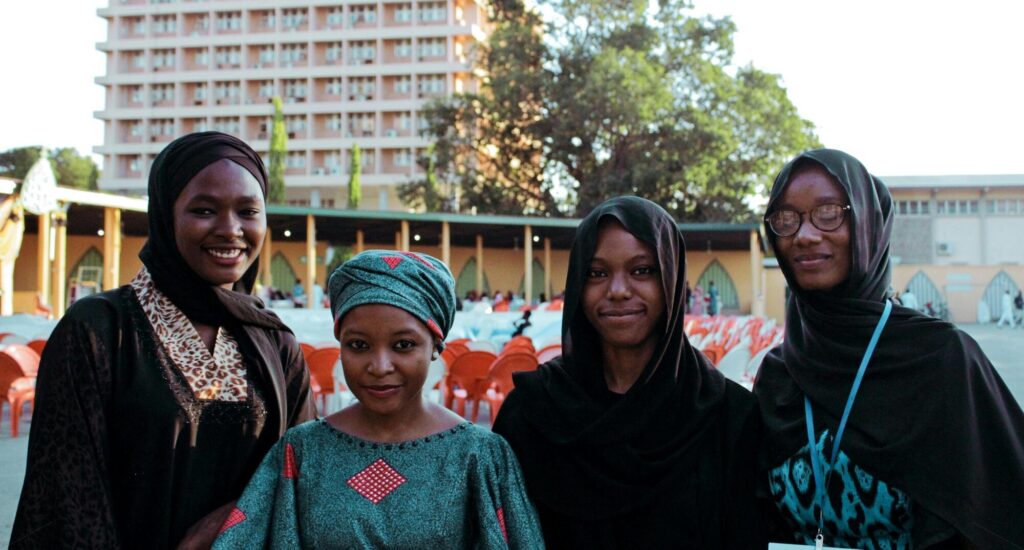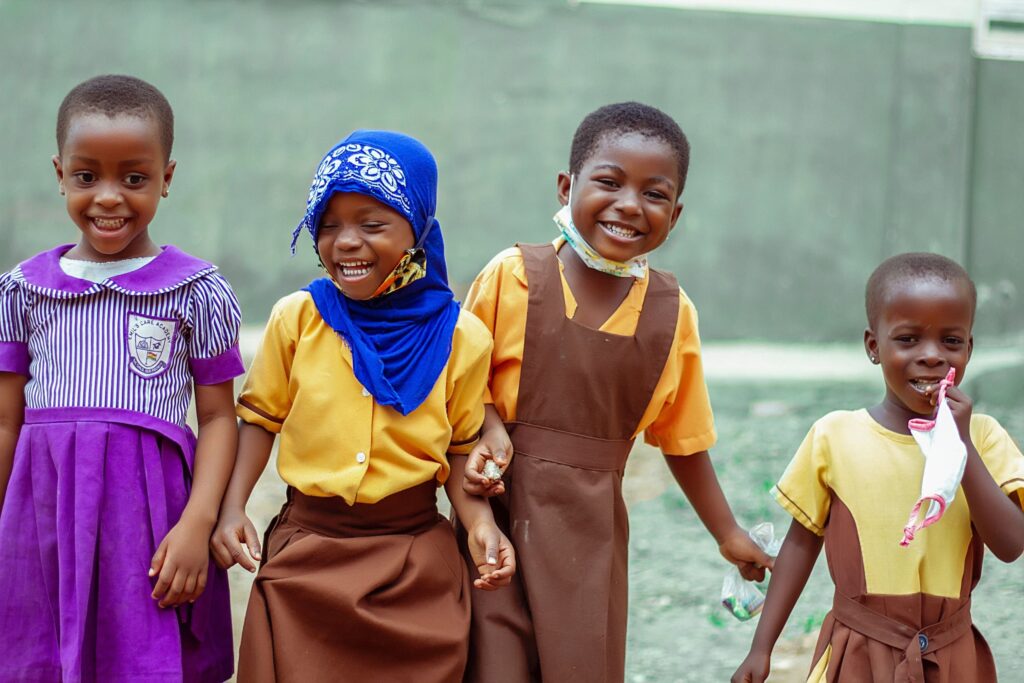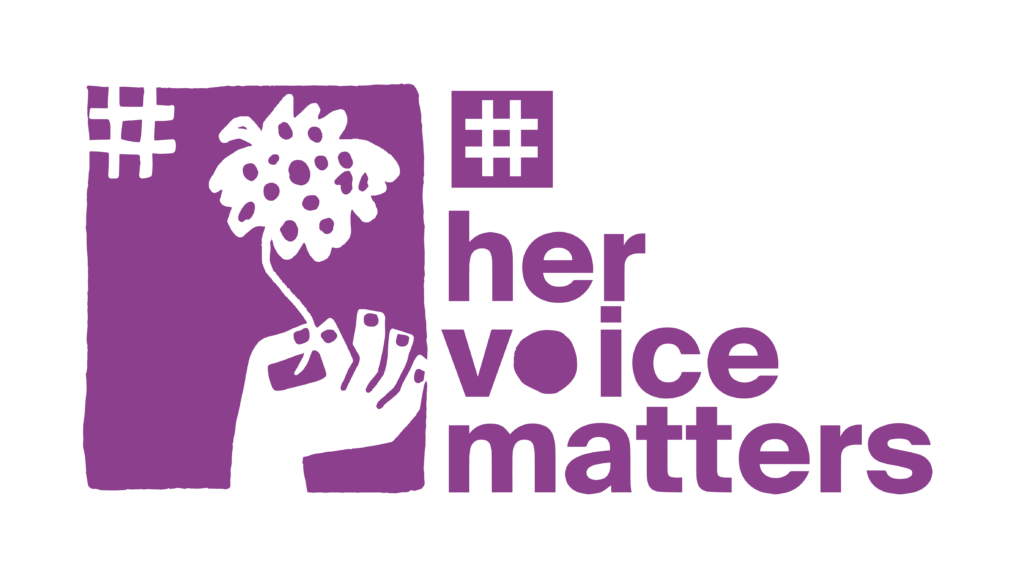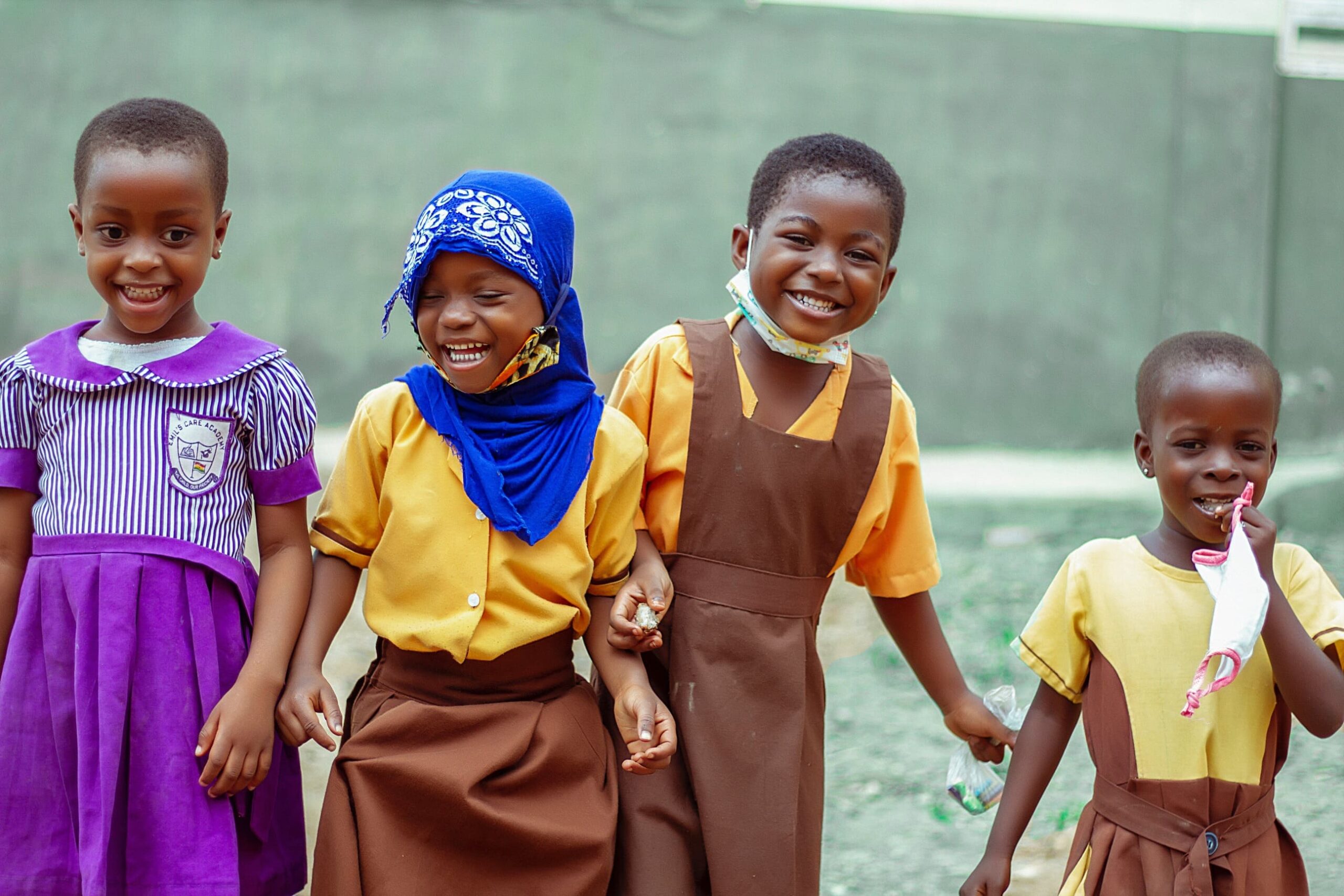February 6th marks the International Day of Zero Tolerance for Female Genital Mutilation (FGM). This year, the theme is “Her Voice. Her Future”. As we celebrate the decline in FGM practice, this theme asks us to reflect upon what voices are spotlighted. How can we empower those who can make the most impact?

According to a statement by WHO, Female Genital Mutilation (FGM) is a harmful practice that involves the “partial or total removal of external female genitalia, or other injury to female genital organs for non-medical reasons.” It is mostly carried out on young girls between infancy and adolescence. FGM can lead to severe, immediate health risks and has long-term implications for women’s physical, mental, and sexual health and well-being.
Eradicating FGM is included in the global development agenda under Gender Equality, with SDG 5.3 which aims to eliminate the practice by 2030. It is recognized as a violation of human rights for many reasons; infringing upon girls’ and women’s right to non-discrimination, freedom from torture or degrading punishment, and freedom to life when the procedure results in death. As explained by Equality Now, FGM is undoubtedly a gender issue, as it is “rooted in the desire to control women’s sexuality and bodily autonomy”. It is often motivated by beliefs about what constitutes correct sexual behavior and the idea that girls are “purer” or more suitable for marriage when sexual impulses are curbed.
How prevalent is the practice today?
UNICEF data shows that globally, about 200 million women and girls have undergone some form of FGM. It is primarily concentrated in 30 countries in Africa and the Middle East but is also practiced in Asia and Latin America and within immigrant populations in the Global North.
Persistent anti-FGM campaigns and awareness have meant that the prevalence of FGM has declined over the last three decades. Data from the 31 countries with the highest FGM prevalence has shown that today, around 1 in 3 girls have undergone the practice versus 1 in 2 in the 1990s. This research has also found that the majority of girls and women in these countries now think FGM should end.
However, progress needs to be at least 10 times faster to meet the global target of FGM elimination by 2030. Looking at projections for 2024, UNICEF believes that 4.4 million girls could still be at risk from this practice.

What has IIRR done to combat FGM?
FGM awareness sits at the intersection of key IIRR missions: Education, Female Empowerment, and Health. Therefore, we have the tools to open crucial discussions around this practice in rural communities and contribute to the eradication of FGM.
IIRR operates in many countries where these harmful practices are still pervasive, such as Ethiopia, South Sudan, Uganda, and Kenya. Our projects empower girls with life skills and enhance their confidence and self-esteem. By providing safe spaces for open conversations about patriarchal culture, IIRR helps young women in rural communities navigate challenges like FGM and child marriage. Furthermore, by involving local men in these projects, Zero Tolerance for FGM becomes more widely accepted and ultimately more sustainable.
How should we support #HerVoiceMatters?
This year, the International Day of Zero Tolerance for FGM’s theme is “Her Voice. Her Future”, promoted by #HerVoiceMatters. This provokes important questions about who is on the frontlines of Zero Tolerance to FGM and what messages that carry. Post-colonial feminists have critiqued the sensationalist, anti-FGM discourse for sustaining imperialist definitions of “backward” African societies (Bavel 2023). Graamans et al’s (2019) research show that campaigns based upon this discourse can be perceived as racist and provoke a defensive response, even leading to a strengthened commitment to FGM.
To avoid dangerous over-simplifications of cultural or religious reasons for FGM, we must support grassroots and community-based organizations and prioritize survivor-led initiatives. This will put empowerment and agency at the heart of campaigns. Passing the microphone to women embedded within practicing communities is crucial to the elimination of FGM. By amplifying their voices, deeper social change can be achieved.
Join us for the International Day of Zero Tolerance for Female Genital Mutilation by empowering survivors, and showing that #HerVoiceMatters.

[Sources:]
https://www.who.int/publications/i/item/9789241596442
https://sdgs.un.org/goals/goal5#targets_and_indicators
https://data.unicef.org/resources/female-genital-mutilationcutting-global-concern/
https://www.un.org/en/observances/female-genital-mutilation-day
https://iirr.org/project_imp_stories/girls-summer-camps/
https://journals.sagepub.com/doi/full/10.1177/09646639221118862






